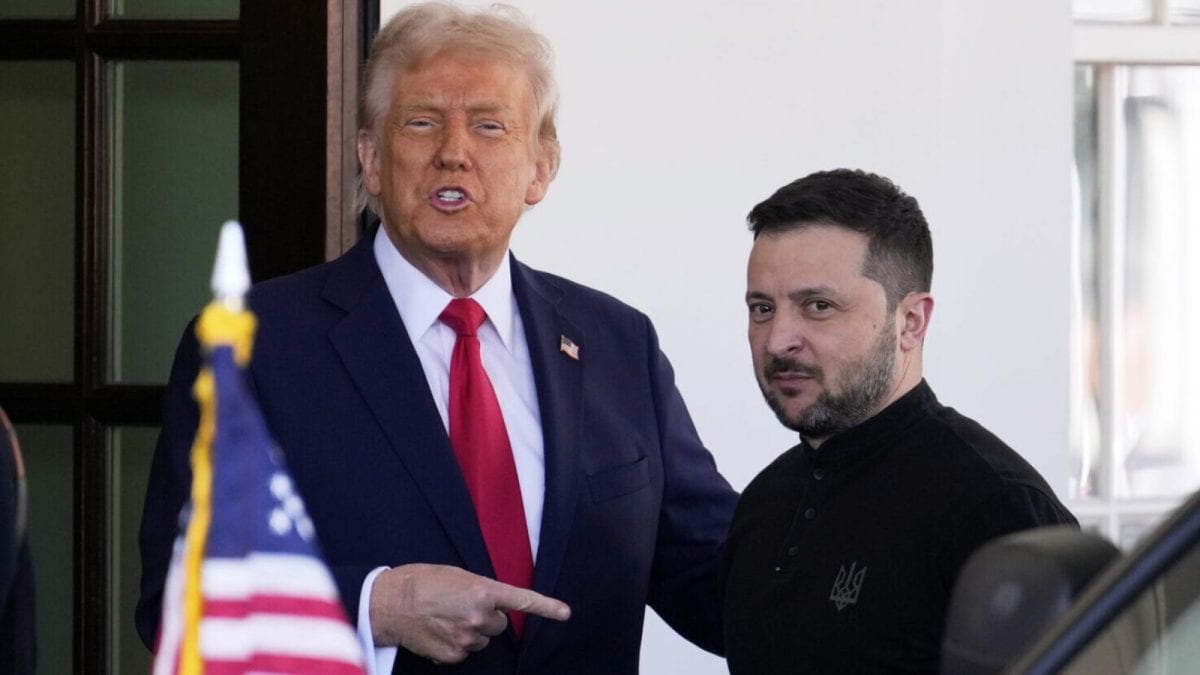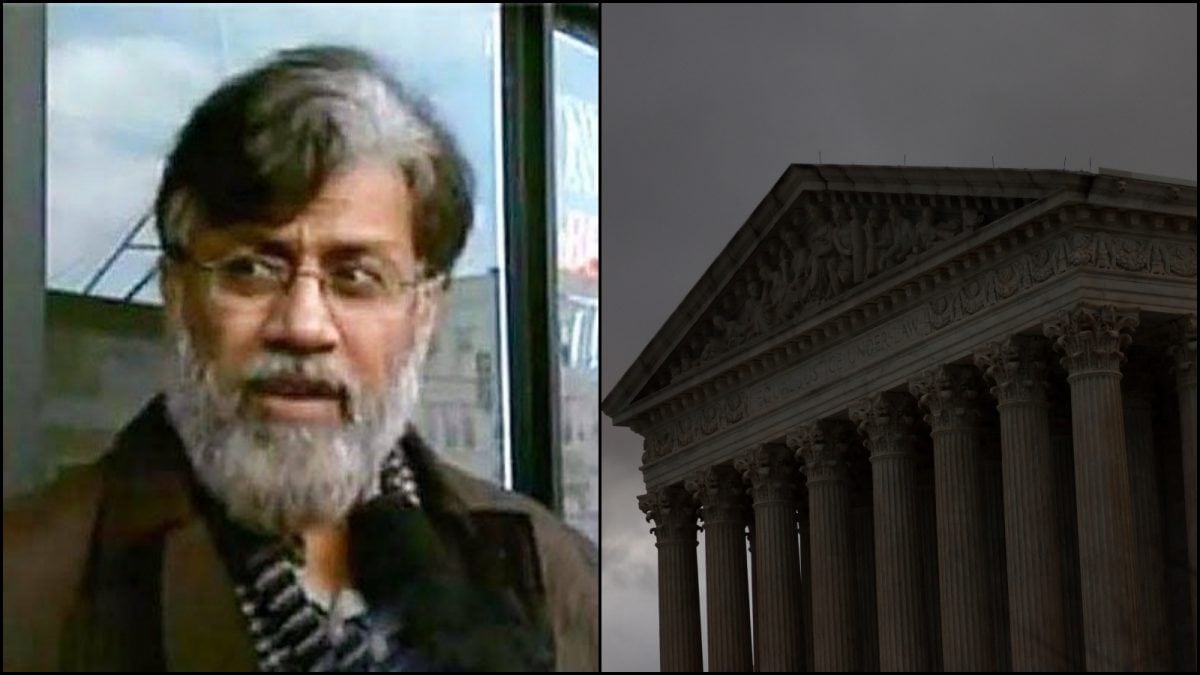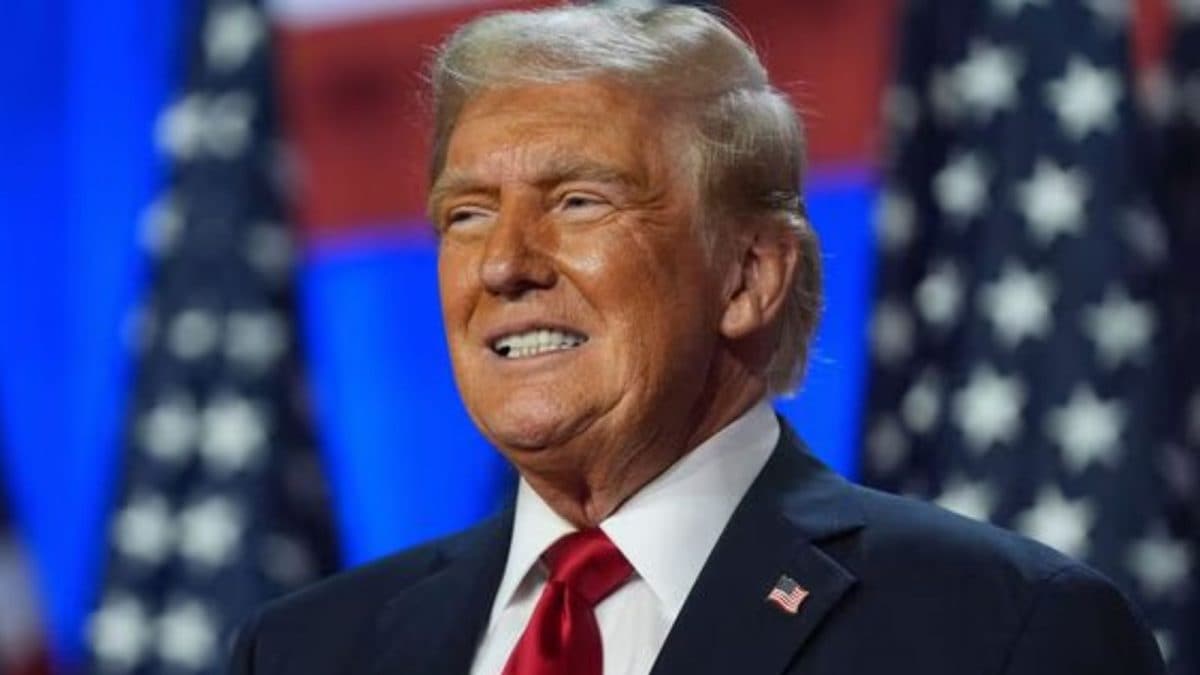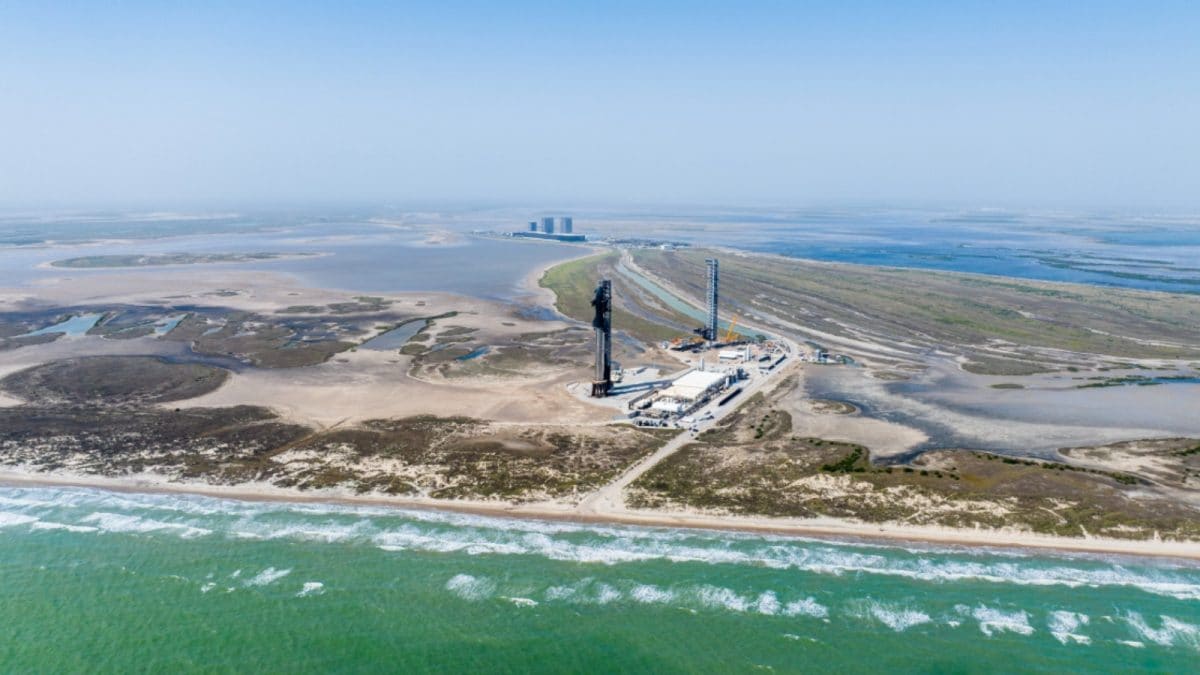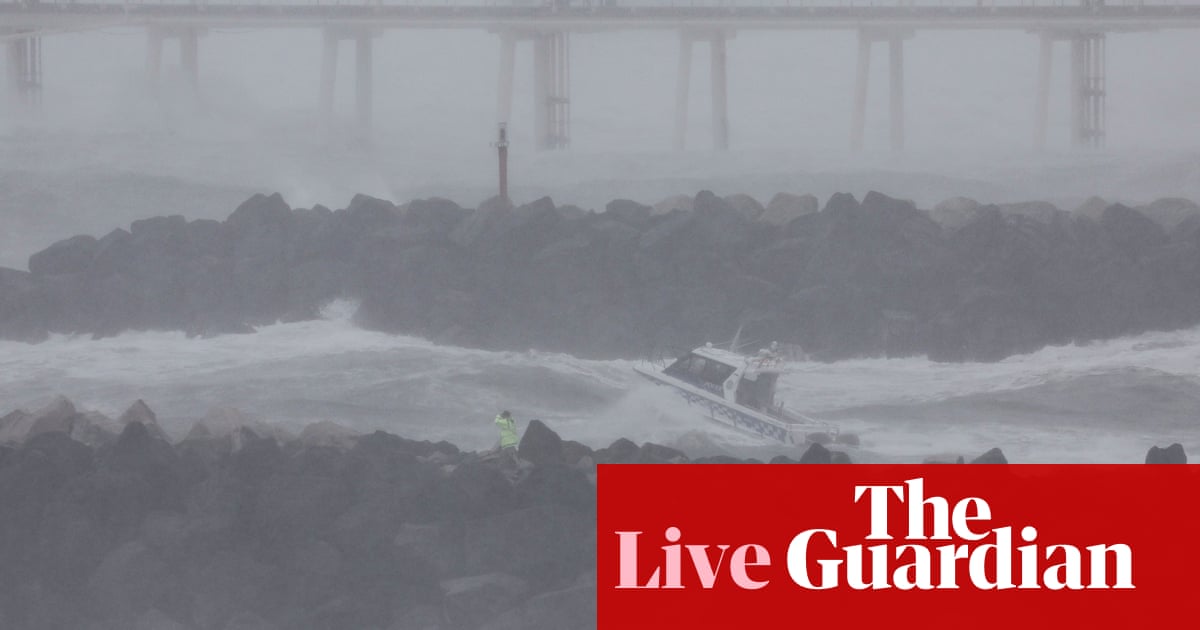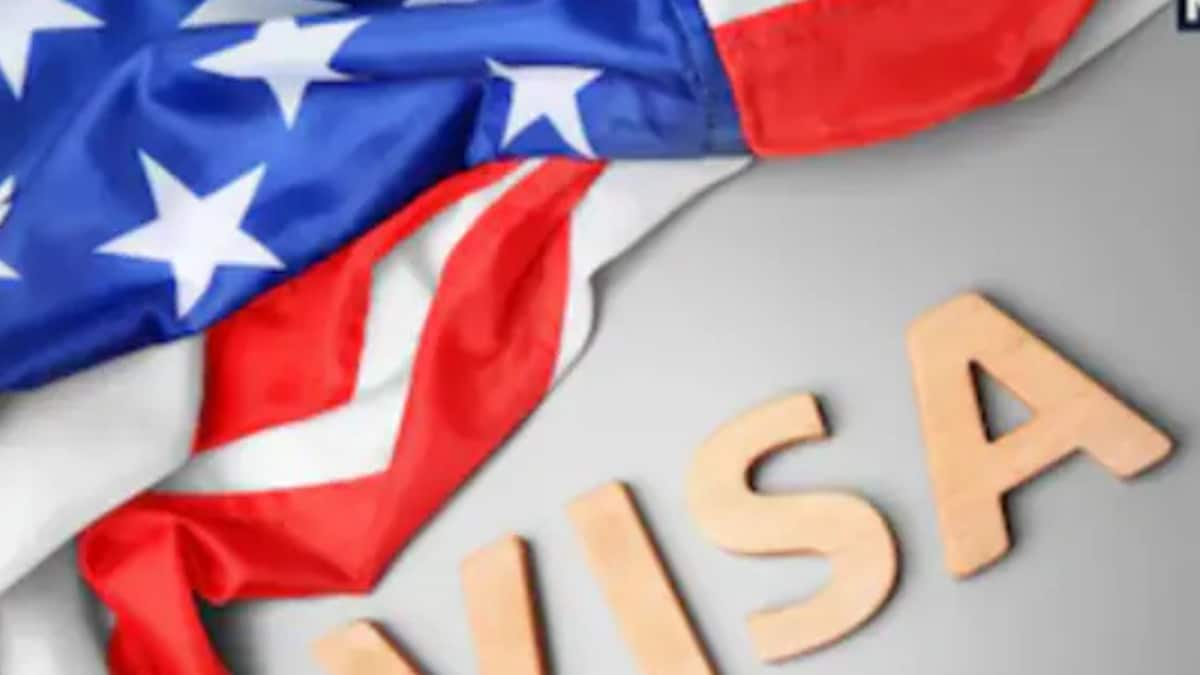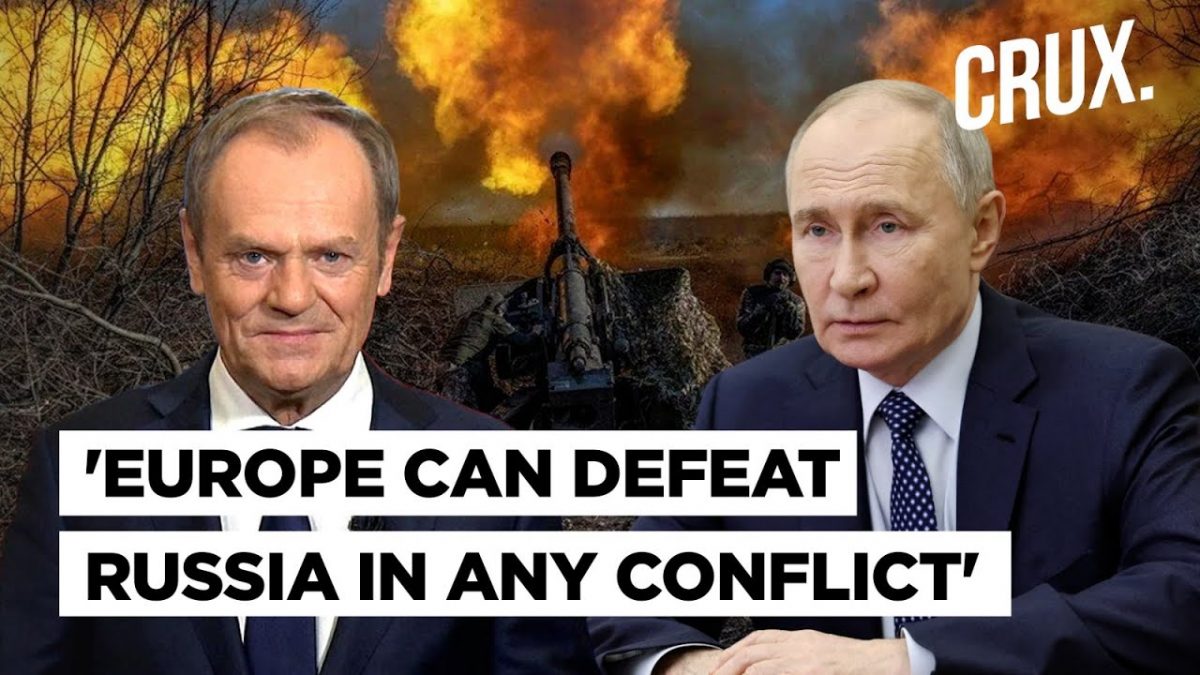Geopolitical analyst Fareed Zakaria said US President Donald Trump should put pressure on his Russian counterpart Vladimir Putin to make a deal on ending the nearly three-year Ukraine war. He also said Trump could only negotiate with Putin if Russia faced massive losses in the conflict.
Zakaria spoke about this and more in an exclusive interview with India Today TV's News Director, Zakaria. He touched upon a host of issues, including Trump's tariff threats, the Gaza ceasefire deal, and Trump's relationship with India and tech billionaire Elon Musk.
Here are the excerpts from the interview:
What are your initial impressions of Trump 2.0?
I think the most important one is that the guardrails are off. When Trump won for the first time in 2016, he didn't think he was going to win. He stumbles into the presidency and he takes with him two very important groups of people who act as guardrails. His first chief of staff was Reince Priebus, the chairman of the Republican Committee, whom he barely knew. And he also brings in three or four generals because he admires them and he thinks they're going to help him execute his vision. In both cases, what he found was that they were not fundamentally loyal to him.
Trump 2.0 has none of these people. There are no members of the Republican establishment. There are no generals. You notice that it's all people who have expressed absolute devotion and loyalty to Trump. What that means is you are going to see the Trump agenda implemented as much as possible.
What you're seeing now is a flurry of almost declarations of intent. That doesn't always translate. The second, of course, is in the international sphere. Trump loves to upend and to get people on edge... Obviously, many of those things aren't actually going to happen. In many of those cases, if you go back to Trump 1.0, he didn't succeed. In some cases he did. Right now, what you're seeing is a flurry of activity and declarations, much of it designed almost like a psychological game with his allies and adversaries.
Trump, for example, took a very strong position on TikTok. He wanted TikTok banned and then hours before that actually happened, he gave it an extension. So, his agenda also seems to be very fluid and nebulous. Trump, for the most part, has very few fixed political views... He may change his mind about something. I mean, this guy (Trump) can reverse himself on almost anything. His base would say, 'we support you'.
On similarities between PM Modi, President Trump
I think the core similarity is anti-establishment, outsider, disruptor and that you're coming into power on the backs of a long-established political establishment. So, the Argentinian (President Javier Milei) is like that. (Turkish President Recep Tayyip) Erdogan was like that when he came in. PM Modi was like that. Trump is like that. Now the interesting question is at what point, after how many years in power, do you become the establishment, or can you keep running as the anti-establishment candidate?
PM Modi has now been in power a long time. Yet, he has managed to, in some ways, still present himself as an outsider. This is Trump's second term in the presidency, but he still presents himself (as an outsider). The skill of a populist outsider is to claim to be the outsider, and the Right in America does it by saying all the cultural institutions are captured by the Left, the universities, and the media.
And again, there is that similarity with PM Modi. There's a lot in common and they're both very skilled politicians. I think PM Modi is a much more detailed policy work in a way that Trump is not. Trump is much more intuitive. He can change his mind every day. PM Modi is somebody who looks at policy carefully, makes decisions in a fairly analytic way, follows them through.
On Trump's threat to Canada, Greenland, Panama Canal
I think what Trump is going for is the idea of 'Make America Great Again'. He wants both the symbols and substance. So, the Gulf of Mexico becomes the Gulf of America. It's a cheap thing.
I remember that while growing up in India, you would get maps from outside the country, the borders would be blacked out because the Indian government did not agree with the borders that were being drawn by Encyclopedia Britannica between India and Pakistan. So it's a little bit like that. America will call it the Gulf of America. I don't know that other countries will do it. Maybe, a few American allies will do it. Maybe Saudi Arabia will do it.
America has been too willing to accommodate itself to its allies. If you talk to people around the world, that is not the impression people have of America. They have the impression of America being a very powerful country, getting its own way, writing its own rules, getting special exemptions for whatever it wants. I think that's factually closer to the truth. But for Trump, he's obsessed with this idea that he needs to get a better deal for America on Earth. Everything is a part of a negotiating strategy.
So, the Canada thing is he wants to reopen trade negotiations with Canada. Throw them off-guard and throw them off balance. With Panama, maybe he wants a better deal on the Panama Canal - what they charged the US Navy. Maybe he wants to put a base there. Does he really mean that he's going to go in and use military force and invade Canada and conquer it? I very much doubt that that's what he's been thinking. With Greenland, again, he probably wants significantly bigger basing rights and mineral rights.
There are many ways to negotiate, but Trump's way is always putting the other guy on the defensive. Do something that psychologically unnerves him and puts him on the back foot. The danger to my mind is, America has built enormous goodwill with these countries, with its allies in Europe, in Asia, for over eight decades. That's why these countries have sided with America in all kinds of wars, geopolitical contests against the Soviet Union, against Russia, against China, against Islamic terror. That has been built because you conduct international relations not as one-on-one transactions, where you always win, the other guy loses, but as relationships. You are not just thinking about the transaction and you are thinking about the long-term relationship.
Is this madman theory at work, and does it actually work?
Nixon tried it very often. He talked about explicitly, and the case he was talking about was with Vietnam, with North Vietnam, as it was called then, which is 'I'll bomb them a little bit...' They didn't buy it at all. I mean, nations have a very shrewd understanding of what you're trying to do, what your interests are and how far you go.
For example, he (Trump) threatened Russia with tariffs if they don't come to the negotiating table. I don't know what he's talking about because we have already had sanctions on Russia and no Russian goods enter the US anyway. Putin is not stupid. He knows that that's an empty threat. So, I suspect that this is just part of Trump's (strategy). In 2017, when he first meets the president of Panama, first thing he said to him is, 'You charge us too much for our navy.' Now, the Panama Canal Authority charges the US Navy USD 1 million a year. The US defence budget is USD 800 billion. So that is roughly 0.0001 per cent of the Pentagon budget. Why is he doing that? I mean, the President of the US is trying to haggle and get a discount. Why is he doing that? Because it's his nature.
Europe is friends with Trump, but Russia, China have different equation. Do you fear they could play Trump?
Yeah. Flatter him and announce big deals. You might have seen in the last couple of days. There was this big deal announced about a USD 100 billion data centre. If you read between the lines, and Elon Musk has pointed this out, it's actually a USD 10 billion investment. SoftBank is putting in USD 5 billion, Oracle is USD 5 billion, and then they say they're going to raise more, and I'm sure they will. But the money in the bank right now seems to be USD 10 billion.
It's very Trumpian to announce 100 and then to say it's going to be 500. And that's just thin air. But he likes that. So, everyone plays to that and says, well, 'we'll come up with the biggest number we can and we'll announce it'.
Trump wants to put America away from rest of the world, but also wants to play peacemaker.
Trump is a very skillful politician. He knows that's what his constituency and his base wants to cure. It's a nationalist, working-class base that thinks America is worried too much about all these wars and peace, and why aren't we fixing the problems at home? So that's the rhetoric. But as you say, he also clearly likes the idea of being the leader of the free world, likes the idea of being the most powerful leader in the world, and wants to use that in a way that helps the world, but also helps him personally--which is getting the Nobel Prize.
If the US has enormous political leverage, in some ways it has more leverage now than it's had for decades, and it's just because China is not doing so well. Russia is obviously very much on the back foot, Iran has been weakened and so its adversaries are all weakened. And Joe Biden should get some credit for that. But because of that, if the President of the US (Trump) puts in a certain amount of time, energy and attention, he might well be able to deliver results on the crucial one, Ukraine war. Trump has begun to realise, and you see this in his last few tweets and statements, that the problem he faces in getting peace in Ukraine is not with Ukraine, but with Russia. It's Putin who's not willing to negotiate.
Can Trump force Putin into some kind of peace deal?
Putin absolutely thinks he can win. Putin is a very disciplined person. He's very intelligent. He's very well briefed. He understands his version of Russian history very well. For him, that version says: 'when Russia stays the course, suffers the pain, is willing to take the body blows, and is willing to keep going, it can outlast anyone. It outlasted Napoleon. It outlasted Hitler.'
That's his model that the West is feckless, there's going to be infighting among democracies. They lose faith and they will not have the ability to have that kind of staying power.
What I think Trump has to realise is that it's all very well to talk about being a dealmaker, but, in order to be a dealmaker, you first need to put enough pressure on Putin that he feels he needs to make a deal. Right now, I don't think Putin needs to make a deal. He feels that as long as he keeps pushing forward, events will move in his direction. He can only make a deal if Putin thinks he's not winning on the battlefield, and he's not winning.
But Trump doesn't want to supply weapons to Ukraine...
I think he will have to feel that tariffs against Russia are meaningless. Russia is already sanctioned. There are no Russian exports coming up. The thing that matters most to Putin is defeat on the battlefield. The only way you can achieve that defeat on the battlefield is more military weaponry to Ukraine. Ukrainians are willing to die for their country. They just need the weapons.
So, what do you see happening?
Putin is not going to be simply defiant. He's going to try to do something. He's going to very much try to get that meeting with Trump. I think that's a mistake. The meeting with Putin should be a reward for some Russian concessions. You (Trump) shouldn't straightaway meet with Putin. Putin has been an outcast. He has been a pariah. Very few people meet with him. He's not invited to all the conferences. He has to be careful. By the way, he's also under indictment in The Hague. So, he has certain challenges there.
There should be a process of saying 'We can imagine that there will be a summit meeting between you and the President Trump, IF you do these things'. I think Trump would do very well to have some people, who have the negotiating skill and prowess who have done this before.
How do you see the situation in West Asia play out?
It's really important to understand that the Middle East has been reshaped. It's a fundamentally new landscape now. That's not so much because of what has happened in Gaza. Let's leave that aside for a moment. I understand people have very strong views about the humanitarian catastrophe that is Gaza. But put that aside for a minute, because it doesn't have that much geopolitical significance.
What Israel did in the north, the destruction of Hezbollah, the destruction of Iran's air defences. All of that then resulted in the collapse of Bashar al-Assad's government...It has created a completely new Middle East. The Middle East for 15 years has been dominated by this struggle between Iran and its proxies-- Syria, Hezbollah, Hamas, the Houthis-- and Israel and the Gulf Arabs are on the other side. Those forces, Israel and the Gulf Arabs, are now totally dominant. Iran is on the back foot. It is much weaker.
Why was Iran found to be so weak on the battlefield?
One, we didn't realise the degree to which the Syrian civil war sapped an enormous amount of the strength of the Hezbollah militias, the Iranian militias. There's a lot of money and people that went to fight to prop up the Assad government. The second, I think, is a very useful reminder for us. Whenever we look at these kinds of regimes, they tend to be much less effective on the ground than you realise.They're often corrupt, they often have problems motivating people. So, Hezbollah started out as this lean and mean fighting machine from the 1980s. Now, it had become one of the corrupt political parties in Lebanon. Iran itself has become a very corrupt, dysfunctional regime.
If Netanyahu pushes, will Trump back a military attack on nuclear facilities in Iran?
I don't think so. I think that the Israelis have done so much damage. They now know that Iran is almost naked and vulnerable. They could go in at any point. They could destroy more. But if they were to take that final step of really trying to have this major strike, because a lot of the nuclear facilities are buried deep, they then need to go into the military cantonments where they are located.
What we have seen about the Middle East is regime change in the Middle East can spiral in many directions and in many ways that are not predictable. I'm not that there's any great advantage to the Israelis in doing that.
But is Netanyahu thinking the same way?
Netanyahu is more cautious than people realise. After the October 7 attack, he went after Gaza in a big way. But the IDF had actually wanted to go north and deal with Hezbollah. They said that let's take this opportunity. He was not keen on doing it. It took him a while to get convinced that this was the right moment. So I think he has been calculating.
Right now, frankly, in a powerful position, even domestically. He's destroyed Hamas. He's destroyed Hezbollah. He's weakened Iran. Assad is gone, all on his watch. That's a pretty impressive position to be in.
How do you see India and the US playing out over next 4 years?
There will be more continuity than people might expect. We saw that in Trump 1.0. The truth is, at this point, India and the US's relationship is beyond personalities. It has essentially become a structural strategic alliance in which both countries recognise that there are deep benefits to maintaining and deepening the cooperation. There are going to be problems, but those are dealt with in a fairly diplomatic way.
I suspect that what you are going to see with Trump is a very strong geopolitical alliance. He does have a few things that he cares about, which is, sometimes around the H-1Bs and India is also a very protectionist country. So he may push those issues, but I don't think he cares as much, because India is not a big enough economic player that affects the American economy. The fact that India is protectionist and Trump doesn't particularly care about free trade. He just wants a good deal between the US and India. So if India's protectionism has barriers to others, he doesn't care. His concern is about Canada and the EU, it's all just about America.
I actually think it would be good for India to open up its borders more. One of the reasons India hasn't been able to move as fast in manufacturing is because it has many protectionist barriers. This is because a lot of what you manufacture these days, you're assembling. The intermediate goods that you bring in have very high tariffs. So, the cost of manufacturing in India is too high. If Trump's pressure makes India open up a little bit, it's good for India.
How do you see China-India dynamic play out over next four years?
Xi Jinping came into power with a very particular set of ideas: a much more aggressive China around the world, a much stronger Chinese Communist Party at home, a much weaker private sector. In all those areas, I would argue, he has failed. His 'wolf warrior diplomacy' resulted in India becoming much more hostile to China than it had been before the Himalayan stuff, Australia became much more hostile to China before they made those 14-point demand, Europe had been on the verge of signing a trade deal with China, and then that has completely gone away. Similarly, domestically, the private sector economy being battered has been terrible for the Chinese economy.
So the question is- Is China capable of course correction? Is Xi Jinping capable of understanding that these policies have not borne fruit and they need to be changed? There's been some dialing back, as you say, troops have withdrawn, but in economic terms, there's still a certain amount of economic, I wouldn't say warfare, but there's tension between India and China. I don't get the sense that Xi has fundamentally understood that his policy was all wrong, that he needs to look at it.
If Xi Jinping wanted to create problems for America in Asia, the single best thing he could do is have a major rapprochement with India, solve the border issue, get rid of all these bans on Chinese investment. It's not impossible for that to happen if he were to really actively pursue it. He hasn't.
China has 16 borders and fifteen of them has resolved. The one border dispute it has never resolved is with India. I think there's something for the Chinese. Maybe it's just this idea of India being the other big Asian power. Maybe it's the fact that the border is around Tibet, which is a very sensitive area for China. But for whatever reason, the Chinese have been reluctant to fully embrace the idea of a rapprochement with India.
How bad is the situation in mainland China at this moment?
It's (economy) in bad shape in the sense that it is not going to grow any time at the six, seven, eight per cent that was growing at. Private sector sentiment is bad, consumer sentiment is bad. There's a short-term issue, which is, are they willing to open up stimulus? But, I think it will face a larger challenge: Xi's philosophy has been a turn away from the model that frankly made China rich, which was to unleash the private sector, unleash openness and innovation. China, even now, is a much more open economy to the world than India is. That was why it grew so fast.
Give you a case study: Artificial Intelligence. Xi wants China to do very well in AI. But, how is America doing well in AI? By allowing companies like Google, Amazon, Meta and Microsoft to scale up, become what they call these hyperscalers, have massive capacity. What China is doing is they're killing Alibaba and Tencent and Baidu- their equivalents of those great digital internet companies. They wanted to be a kind of government-led consortium, government-led investment, government-led innovation. I mean, historically, that has a mixed record.
Xi thinks he can get to first world economy status through a kind of government-led, government-first policy. Now, there are some advantages to government investment, but ultimately, you need the innovation of the private sector. You also need trial and error. So the whole model is, I think, right now in trouble.
Then you have the demographic challenge...it does seem to be stuck in the middle income trap. The number of countries that have made it past the middle-income trap to first-world status are very few: Japan, Korea, maybe you could say Malaysia is getting on the way, Chile in Latin America, Israel. That's it.
Will bromance between Elon Musk and Donald Trump last?
I think Musk is a unique character. Musk is on a completely different level. He is really the Thomas Edison of the age. Musk is simultaneously running three or four of the most extraordinary companies in the world. He's technologically brilliant. And he's 50 times richer than Trump. So, when Trump looks at somebody and he says, 'I respect you because you have USD 2 billion more than me.' This is a different scale. Elon Musk's net worth is in the $400 billion range.
Now that awe that Trump has for Musk is giving the relationship a lot more staying power. Now, the complexity is Musk. He is a very strange character. And he could blow himself up. So, it won't be Trump that will sour on Musk. Musk may just decide the whole thing is boring and he wants to take his marbles and go home.
What replaces Trump?
This is not a spasm. This is not a fluke. We are in a different mode. For 30 years from the fall of the Berlin Wall, we were in an age of liberalisation, liberalisation of trade, liberalisation of politics, openness of technology, openness of cultural identities, cosmopolitan and more multicultural. We are now in a backlash to that. I don't know if there'll be a 30-year backlash, but this is not a spasm. So, I think we are in an age where there's going to be more cultural conservatism, more ethnic chauvinism, more nationalism and more protectionism.
The paradigm from the fall of the Berlin Wall to the invasion of Ukraine was liberalisation. The paradigm now is closed restraints on all these factors, the end of openness. It's a politics of being more closed, having barriers to immigration, to multiculturalism, to trade. It's a mindset of a world that says 'We saw a lot of change, we saw a lot of transformation, but stop the train, I want to get off, or at least slow it down a little'.
Published By:
Prateek Chakraborty
Published On:
Jan 24, 2025

 1 month ago
1 month ago

